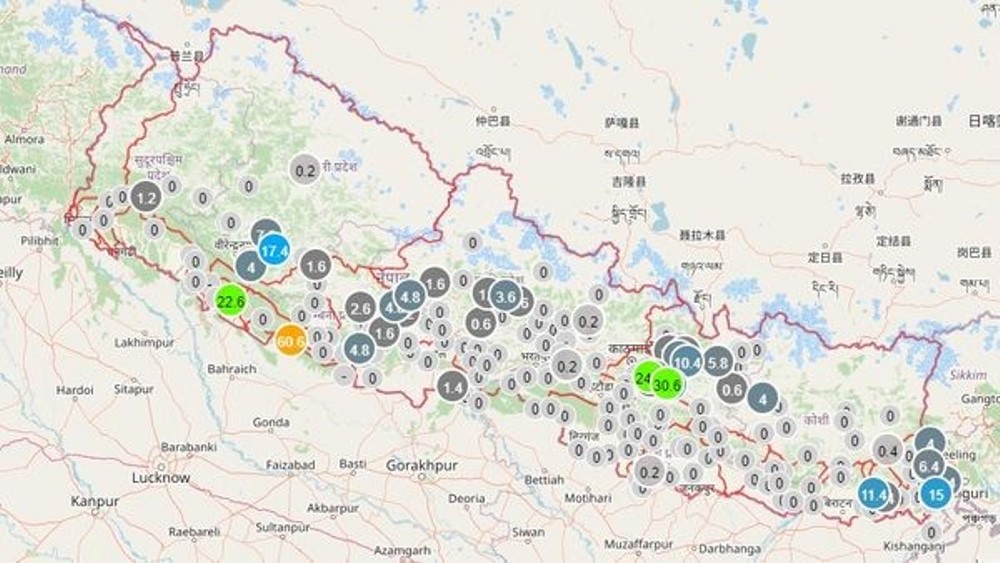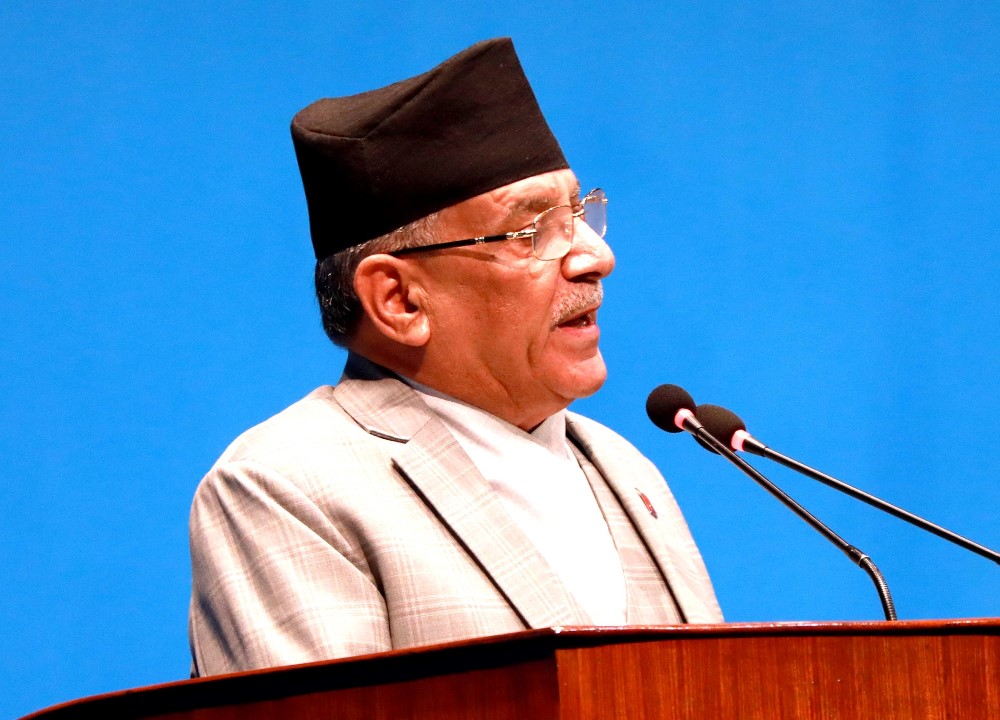In a significant move, Canada said that it is taking steps to manage its temporary resident population by reducing the number of study permits issued to international students and tightening eligibility for work permits.
Notably, the government plans to reduce the number of study permits from 4,85,000 in 2024 to 4,37,000 in 2025, a 10 per cent decrease.
Canadian Prime Minister Justin Trudeau announced the decision of reducing the number of study permits granted to foreign students and said that when "bad actors" abuse the immigration system, "we crack down."
Sharing a post on X, Trudeau wrote, "We're granting 35% fewer international student permits this year. And next year, that number's going down by another 10%."
"Immigration is an advantage for our economy -- but when bad actors abuse the system and take advantage of students, we crack down," the post added.
Notably, on Wednesday, Marc Miller, Minister of Immigration, Refugees and Citizenship, announced additional measures to manage the volume of temporary resident arrivals, uphold the integrity of our immigration system and protect vulnerable people.
In a news release, the Immigration, Refugees and Citizenship Department of the Government of Canada said, "We are announcing a reduction in the intake cap on international student study permits for 2025 based on a 10 per cent reduction from the 2024 target of 4,85,000 new study permits issued, and then stabilising the intake cap for 2026 such that the number of study permits issued remains the same as 2025. For 2025, this means reducing study permits issued to 4,37,000."
The 2025-2026 study permit intake cap will include master's and doctoral students who will now have to submit a provincial or territorial attestation letter. "We will be reserving approximately 12% of allocation spaces for these students in recognition of the benefits they bring to the Canadian labour market," the news release said.
Meanwhile, Miller in a statement said that the action is being taken to strengthen temporary residence programmes and emphasised preserving the integrity of the Canadian immigration system.
"The reality is that not everyone who wants to come to Canada will be able to--just like not everyone who wants to stay in Canada will be able to. We are taking action to strengthen our temporary residence programs and roll out a more comprehensive immigration plan to meet the demands of today's changing landscape. Our immigration system must preserve its integrity, and be well managed and sustainable. And as we look forward, we will do everything it takes to achieve that goal and set newcomers up for success," Miller said.



-1732165753.jpg)






-1732165753.jpg)













